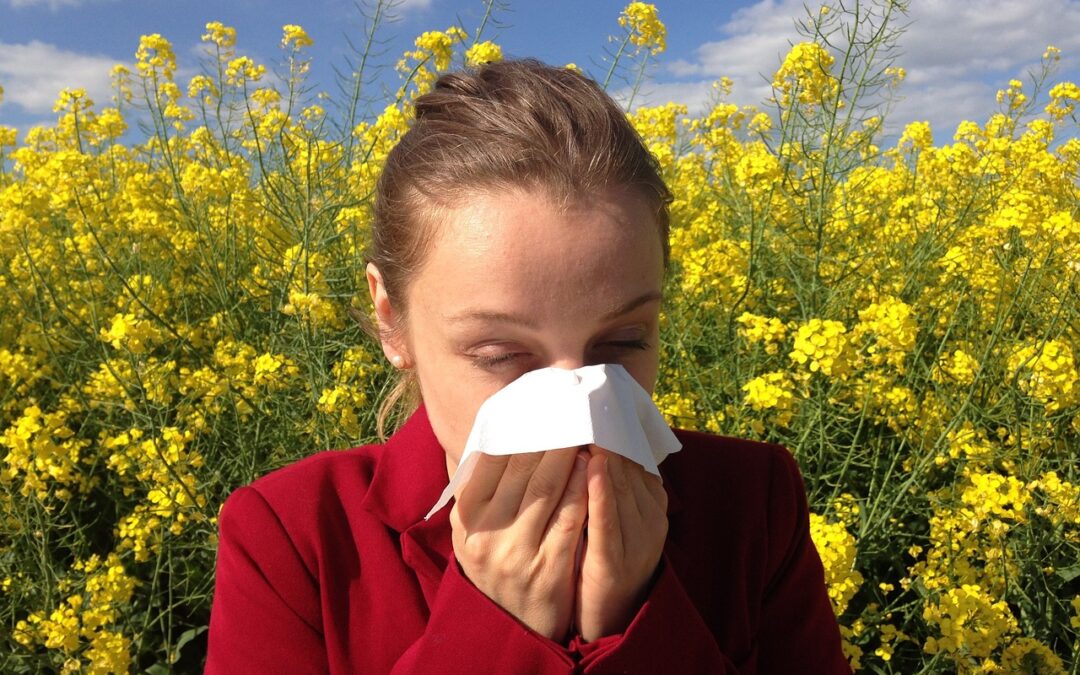Every culture seems to have local fruits, herbs or activities that they swear by to promote health and wellbeing. While some may be far-fetched on a scientific level, others have been proven to have true medicinal qualities. The following health secrets have seen promising results as everything from anti-cancer treatments to anti-inflammatories and stress relievers.
Golden Root in Russia
The Rhodiola Root, also called Golden Root, grows in northern Russia and has been used by local populations for centuries to treat a wide range of health problems. It has long been believed to reduce stress, help depression and function as an aphrodisiac. Siberians frequently cultivate the plant to drink it as tea. It’s even rumored that the Russians have used the root as a kind of secret weapon to aid military personnel, athletes’ and even cosmonauts’ performance.
Now that Golden Root has become more widely known as a potential medicinal plant, its health benefits are being studied around the world. Scientific literature on the herb dates back in many European countries to the 1700s, and much of it shows statistically significant improvements to mood, energy levels, brain functioning and more. Today, it’s continuing to be looked at for everything from anti-cancer properties to a treatment for diabetes.
Forest Bathing in Japan
A profound respect for nature is deeply ingrained in Japanese culture, yet over 90% of Japanese people currently live in urban areas. In Japan in the 1980s, residents began practicing shinrin-yoku, or forest bathing, as it has become popularly known in English. The original purpose was to reconnect with nature, but over time, the health benefits of the practice became clear. So, what is forest bathing? It’s simply the act of walking through nature, ideally barefoot, and focusing all five senses on the experience.
Compared to the United States, the Japanese healthcare system is much more focused on preventive medicine and eco-therapies. Forest bathing is not seen as a treatment for ailments necessarily, but thanks to loads of scientific research on the topic it has been adopted as part of the greater Japanese healthcare system. Forest bathing has been proven to reduce stress, anxiety and depression, strengthen the immune system, and improve sleep and cardiovascular health to promote overall well-being.
Mangosteen in Indonesia
Mangosteen, a tropical tree fruit, has a long history of use in the medical communities of Southeast Asia and India. Traditional healers used preparations of the rind as an anti-parasite for those with dysentery. Its anti-inflammatory properties have also been well documented across the centuries, making it a common treatment for skin conditions like psoriasis.
Lately, mangosteens have been the focus of many cancer research studies that have shown incredibly promising results. Thanks in part to a compound in the fruit called Xanthones, the mangosteen has proven to be beneficial at both preventing and treating cancer at different stages by inhibiting cancer cell growth, among other things.
Additional scientific studies supporting the fruit’s medicinal properties include an active response against the virus that causes staph infections, antihistamine properties, inhibited growth of leukemia cells, protection for fetal development, and potential treatment of liver, stomach and lung cancers.
Mate Tea in South America
More of a ritual for most people than a “wellness activity”, the drink “mate” is most commonly associated with Argentina and Uruguay, but it’s popular across much of southern South America. In Argentina or Uruguay, you’ll find locals carrying thermoses of hot water alongside their mate cup and metal straw everywhere they go.
Made from the dried, ground leaves of the yerba mate plant, the health benefits of the drink range from its high levels of antioxidants to its anti-inflammatory properties. The tea is full of nutrients and antioxidants like saponins and polyphenols, which can protect against disease and lower cholesterol levels. While drinking too much of it can be problematic due to high caffeine levels and its hot temperature, drinking Mate in moderation can help with energy levels and brain functioning in addition to protecting against heart disease and infections.


